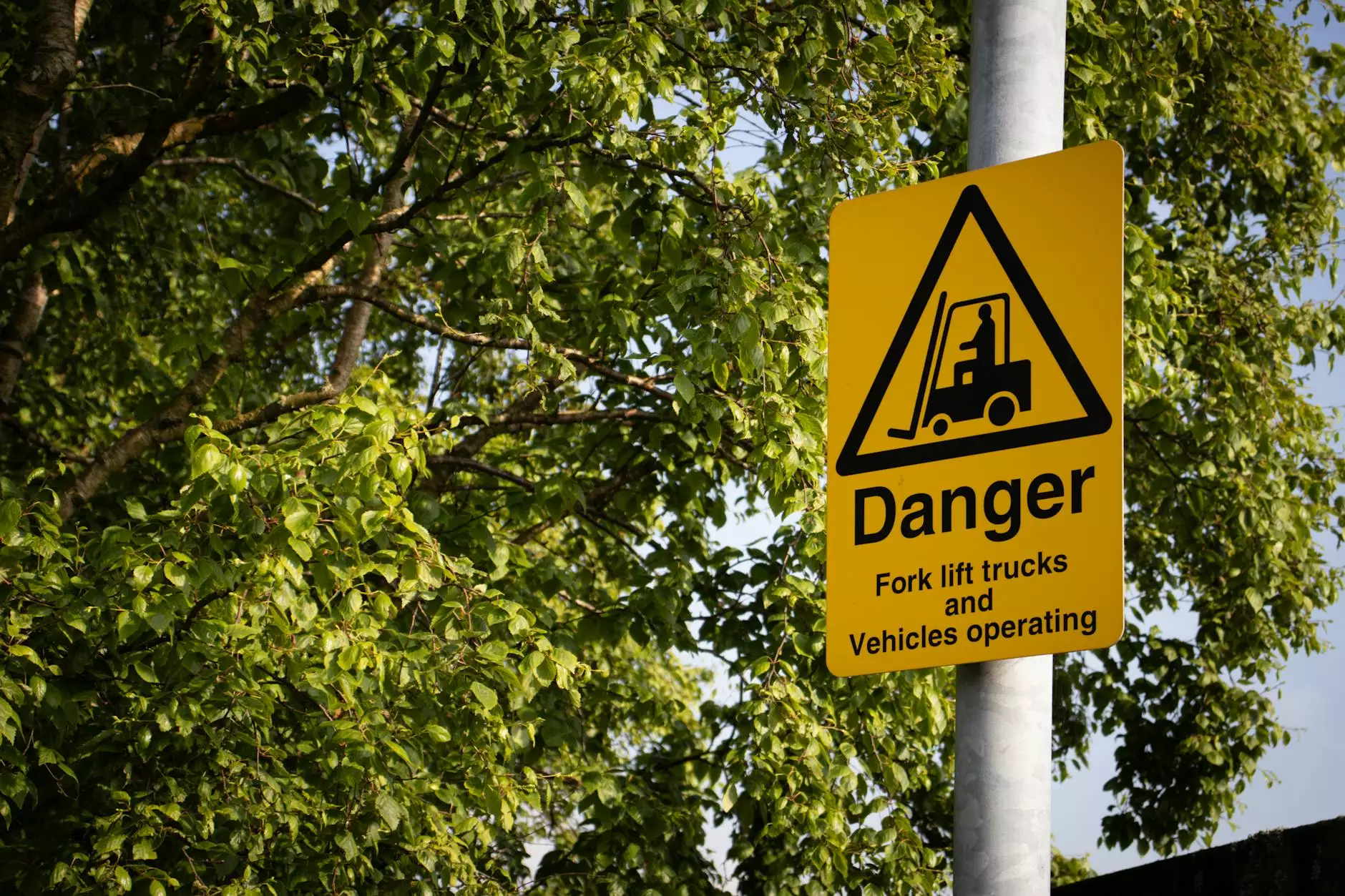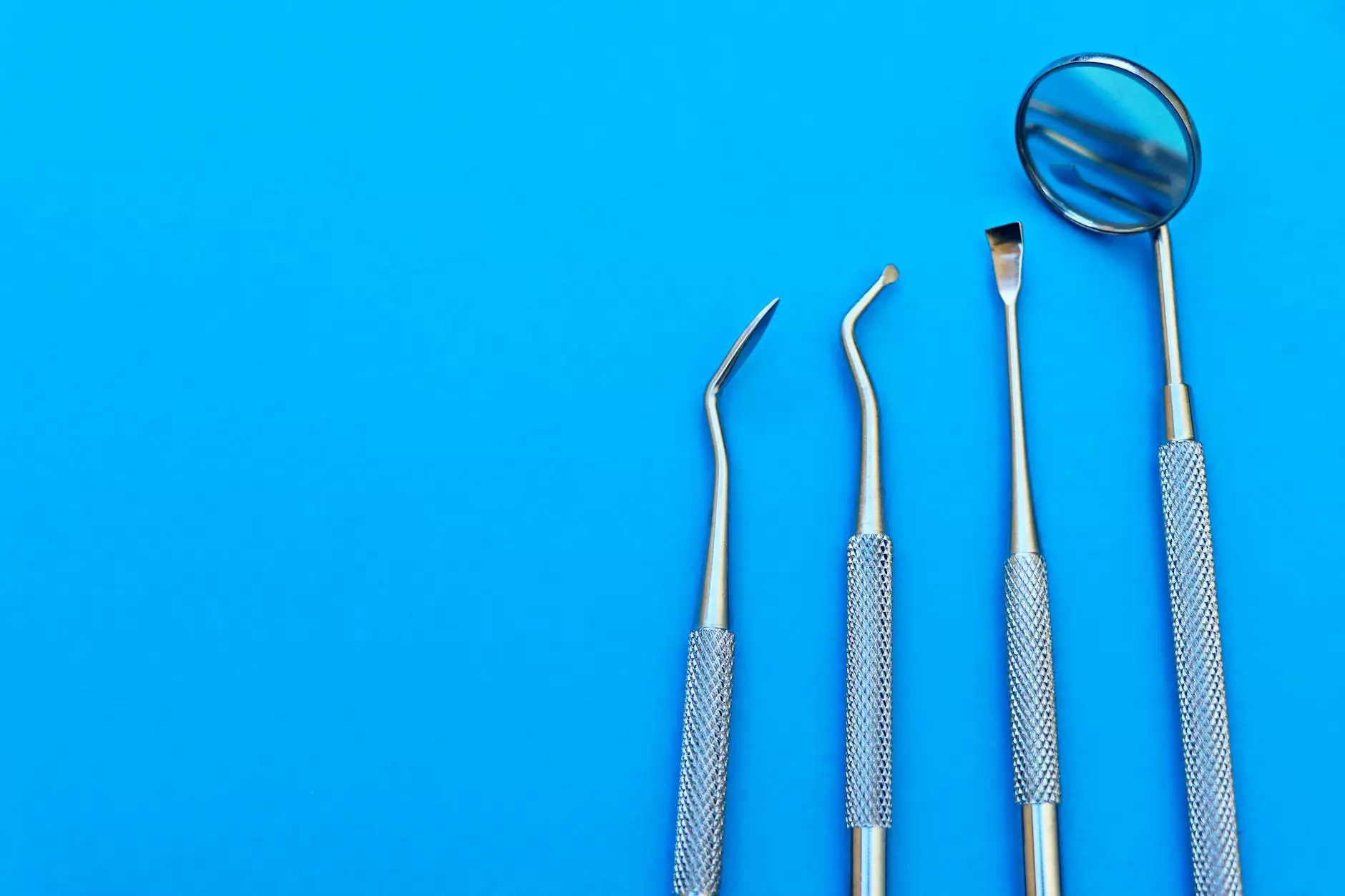The Importance of Lung Cancer CT Scans in Early Detection

Lung cancer remains one of the most prevalent and deadly forms of cancer worldwide. The early detection and diagnosis of lung cancer significantly improve treatment efficacy and patient outcomes. Among various diagnostic methods available, the lung cancer CT scan is considered one of the most effective tools in identifying lung abnormalities at an early stage. In this article, we will explore the significance of lung cancer CT scans, the process involved, the benefits they offer, and the future implications in the realm of healthcare.
Understanding Lung Cancer
Lung cancer is primarily characterized by the uncontrolled growth of abnormal cells in the lungs. There are two main types: non-small cell lung cancer (NSCLC) and small cell lung cancer (SCLC). While smoking remains the leading risk factor, other contributors include exposure to radon gas, asbestos, and a family history of lung cancer. Early-stage lung cancer often produces no noticeable symptoms, making regular screening crucial for at-risk individuals.
The Role of CT Scans in Lung Cancer Diagnosis
A lung cancer CT scan (computed tomography scan) is a specialized imaging technique that provides detailed cross-sectional images of the lungs. Unlike standard X-rays, CT scans can offer a much clearer view of lung tissues, enabling healthcare providers to detect even the smallest nodules and abnormalities.
How Does a Lung Cancer CT Scan Work?
The procedure for a lung cancer CT scan typically involves the following steps:
- Preparation: Patients are usually advised to remove any metal objects and wear a hospital gown. They should inform the technician of any allergies, especially to contrast material.
- Positioning: The patient will lie on a motorized table that slides into the CT scanner, a large, doughnut-shaped machine.
- Scanning Process: The machine takes multiple X-ray images from different angles. A computer then processes these images, creating detailed 3D representations of the lungs.
- Contrast Use: In some cases, a contrast dye may be injected to enhance the visibility of certain tissues, improving the clarity of the images.
The entire procedure lasts about 15-30 minutes, making it an efficient diagnostic tool for both patients and healthcare providers.
Benefits of Lung Cancer CT Scans
The utilization of lung cancer CT scans offers numerous advantages:
- Early Detection: CT scans can identify lung cancer at its earliest stages when treatment is most effective.
- Enhanced Accuracy: The detailed imaging allows for precise characterization of lung nodules, differentiating between benign and malignant growths.
- Non-Intrusive: Unlike biopsies, CT scans are a non-invasive procedure, reducing patient discomfort and risk of complications.
- Monitoring Progression: They are instrumental in monitoring the effectiveness of treatment and detecting any recurrence of cancer.
Who Should Get Screened?
The recommendation for lung cancer screening via CT scan generally applies to high-risk individuals, including:
- Individuals aged 50 years or older with a significant smoking history.
- Current smokers or those who have quit within the last 15 years.
- People with a family history of lung cancer.
According to the U.S. Preventive Services Task Force (USPSTF), annual screening is advised for those who meet these criteria, as it has been shown to reduce lung cancer mortality.
CT Scan Limitations to Consider
Despite the many advantages of lung cancer CT scans, there are certain limitations and considerations:
- False Positives: Some benign conditions can appear similar to cancer, potentially leading to unnecessary anxiety and further invasive procedures.
- Radiation Exposure: CT scans involve exposure to radiation, which, while low, may pose a risk, particularly in younger patients or those undergoing multiple scans.
- Cost Considerations: Depending on insurance coverage, CT scans can be expensive, which may deter some individuals from getting screened.
It is essential that patients discuss these factors with their healthcare providers to make informed decisions about screening and management options.
Preparing for Your Lung Cancer CT Scan
Preparation is crucial to ensure accurate results. Here are some tips to prepare for your lung cancer CT scan:
- Follow Instructions: Adhere to any specific instructions given by your healthcare provider regarding food, drink, and medications.
- Discuss Health Concerns: Inform your physician of any existing health conditions, especially kidney problems that may affect the use of contrast material.
- Wear Comfortable Clothing: It is advisable to wear loose clothing to facilitate the scanning process.
- Bring Questions: Prepare a list of questions regarding the procedure, aftercare, and potential results to discuss with your healthcare provider.
After the CT Scan: What to Expect?
Once the lung cancer CT scan is completed, patients can resume normal activities unless otherwise directed by their physician. The images generated will be analyzed by a radiologist, who will prepare a report for the referring physician. Patients will typically receive follow-up information regarding the results within a few days.
Future Trends in Lung Cancer Screening
The field of medical imaging is continuously evolving, with advances in technology anticipating significant improvements in lung cancer detection:
- AI and Machine Learning: The integration of artificial intelligence in imaging can enhance accuracy in detecting anomalies and reduce false positives.
- Low-Dose CT Scans: Research into low-dose CT scans is promising, aiming to decrease the radiation risk while maintaining diagnostic effectiveness.
- Personalized Screening Protocols: Enhanced understanding of genetics and risk factors may lead to personalized screening schedules for at-risk populations.
Such advancements hold the potential to improve screening protocols, making lung cancer CT scans an even more critical component of cancer management.
Conclusion
In conclusion, the lung cancer CT scan is an invaluable tool in the fight against lung cancer, offering early detection and improved management of the disease. By understanding its significance, associated processes, benefits, and future prospects, individuals can take proactive steps towards their health. Regular screening can make the difference between a treatable condition and a more advanced stage of disease. For anyone at risk, consulting healthcare providers about the benefits of lung cancer CT scans is a wise choice that could enhance their long-term health and wellbeing.
Your health matters. Stay proactive, and don’t hesitate to reach out to professionals in the medical field for further assistance and information regarding lung cancer CT scans and screening options today.









